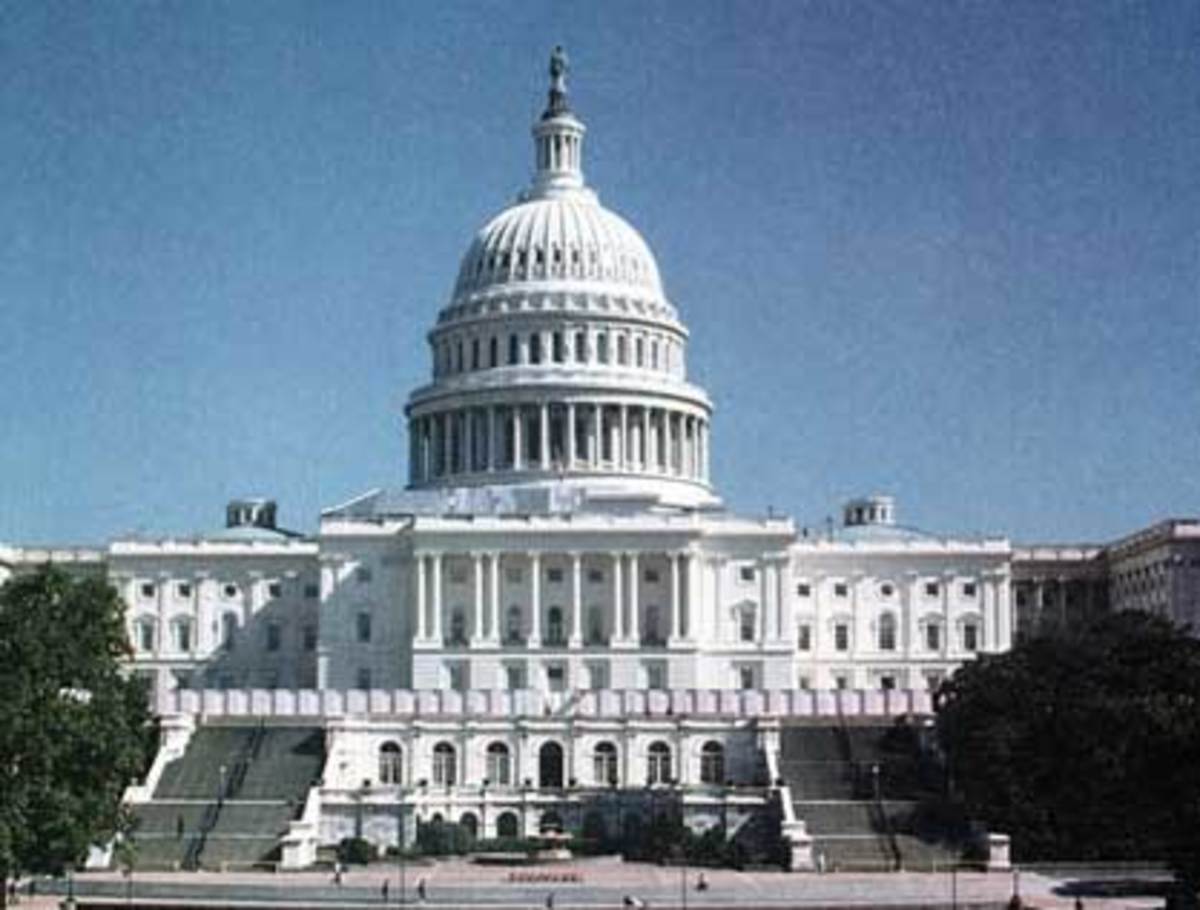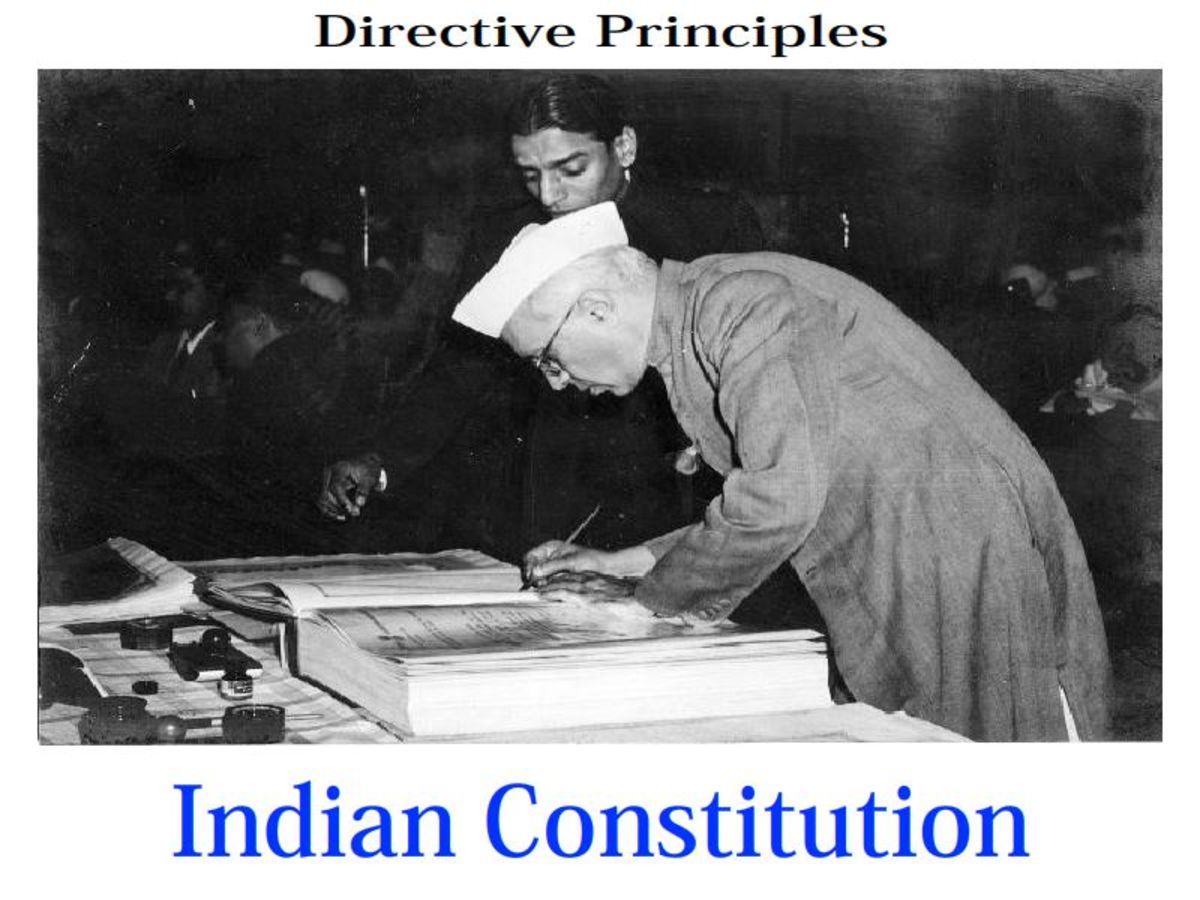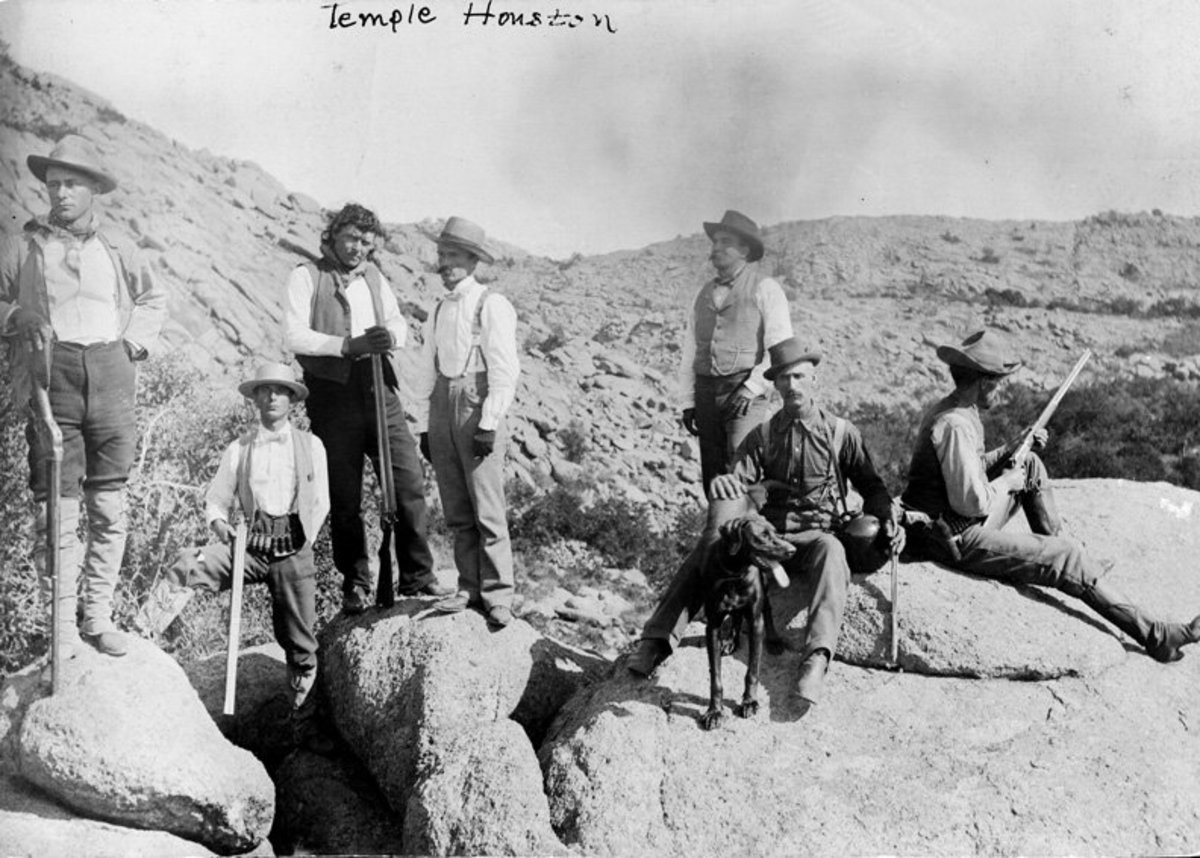Constitution : The Fundamental Law of the State and Government
The human existence in the civilized society may not be completed without the blueprint on the fundamental law of the state and government which is called constitution. It focuses on the wide range of political development along the governmental structures, processes, forms and systems that defined what we call state. The political beliefs, ideologies and values are collectively shared by the people based on its historical upheavals that shape them as a nation. Likewise, the political struggles of the state based from their experience on tyranny and democratic values may form part in the development of constitution.
The constitution is the fundamental and supreme law of the land. It may be written or unwritten constitution. A constitution defines the basic purposes and aspirations of a society, including the common welfare of the people. It provides the general provision on the basic purpose and aspiration of the state. These are scope and content in the formulation constitution :
1. The inclusion of the political aspirations of the State. This entails the political belief of the state on its aspirations, ideals of the society along freedom, equality and values. The national identity, ideology and governmental values are within the mandate of the state.
2. The provisions of the universal constitutional and human rights The constitutional provisions of the various political rights of citizens such as right to vote, right to own property, due process of law, and other rights pertaining to the implementation of the democratic rights of individual.
3. The general governmental structure and branches along the provisions of the executive, legislative and judiciary. The fundamental complementation of the three branches of government as to the implementation of the fundamental law of the land.
In the ancient time, Aristotle expounded the political origin of constitution on the notion of the concept of sovereignty along one-man rule and class rule. These are synthesized as the opposing concepts of constitution namely: affirmative constitution; and limited constitution.
The affirmative constitution is designed for the exercises of democratic ideals that may include the economic, socio-cultural and political freedoms of the subject of the state. It also applies the democratic constitution and the rule of majority based on general and common welfare for the society. It also focuses on the idea of “rule of law” based on the political mechanism of equality, justice and freedom for all. This type of constitution is adopted by the democratic governments of the Europe and America.
While the limited, deviated or perverted constitution is ruled by class and personal interest to retain political power and authority. It is the “rule of men” wherein the motive of the ruler is stay in power in order to enjoy the wide range of political influence, and economic privilege as recognized by the state. It also requires to establish along the political ideals of the limited rights as to safeguard the political ideologies just like on communist state wherein the equal rights of states has certain limitation along the freedom the of the speech and assembly.
The political evolutionary development of Great Britain imposes further classification of the constitution. These are the unwritten and written constitution as the basis for the implementation of the fundamental law of the land. The unwritten constitution provides no specific blueprint only those acts, laws and maxims generated by the historical experience of the government. While written constitution is the fundamental law of the society formulated through the approval by legislature that enforces the establishment of government structures, processes and systems.
The General View, Sources of Contribution and Alteration of the Written and Unwritten Constitution
1.General View
- The written constitution provides specific provision to the whole on government structures, processes and systems
- The unwritten constitution is distinctly derived from the historical collections of acts, maxims, courts interpretation, universal declarations and etc.
2.Sources of Contribution
- ·The written constitution is formulated by the constitutional conventions and assemblies as ordained by the people. It is a product on the ideals of the government.
- The unwritten constitution is gradually developed by the contributions of three branches of government (executive, legislative and judiciary)
3. Alteration
- The written constitution is the supreme law of the land as manifested by the government powers and authority. It can be amended through the constitutional convention or constitutional assembly initiated of the legislature
- The unwritten constitution may be altered or abolished by the legislature.
In the unwritten constitution, it provides the application of the wide range of political statutes, maxims, declarations, royal acts and grants, and government theories. The fundamental conceptions of government and state are included as the fundamental law for the citizens to follow. The pioneer example of this type of this constitution is Great Britain who has been using the royal statutes and courts decisions on matter affecting the interest of the citizens of the state.
Normally, the existence of the government must pursue to follow the customary fundamental law of the land is the written constitution. It provides the government mandate on the enforcement of the fundamental law of the land along the basic rights of the citizens; national territory; basic principles of the state; branches of government; diplomatic interest on economic, security, religious and political advocacy of the state.







